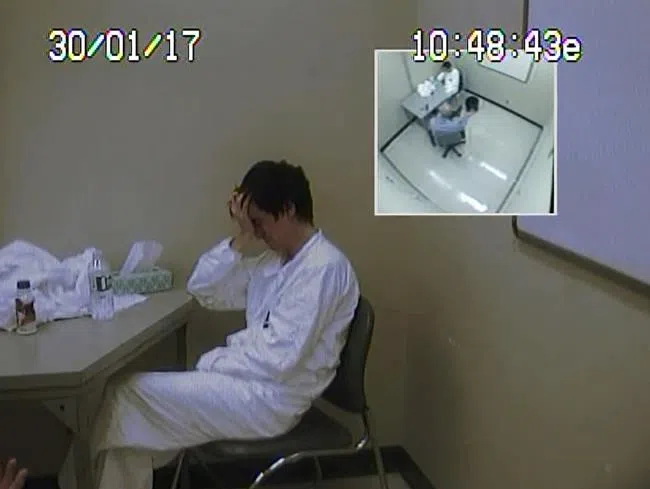
Quebec mosque shooting wasn’t terrorism, Crown psychiatrist testifies
QUEBEC — Sentencing arguments for the Quebec City mosque shooter ended Thursday with a forensic psychiatrist testifying that Alexandre Bissonnette’s murderous rampage was a racist act but not terrorism.
Gilles Chamberland, who spent four hours with Bissonnette on Wednesday, said the killer didn’t promote any type of ideology in carrying out actions that saw him murder six worshippers in January 2017.
He said Bissonnette, 28, had suicidal tendencies but that just taking his own life without doing anything else seemed insufficient for the killer.
Bissonnette then fabricated a racist hypothesis, “based on things that are completely false,” which he needed to believe in so he could target the Muslim community, said Chamberland.
